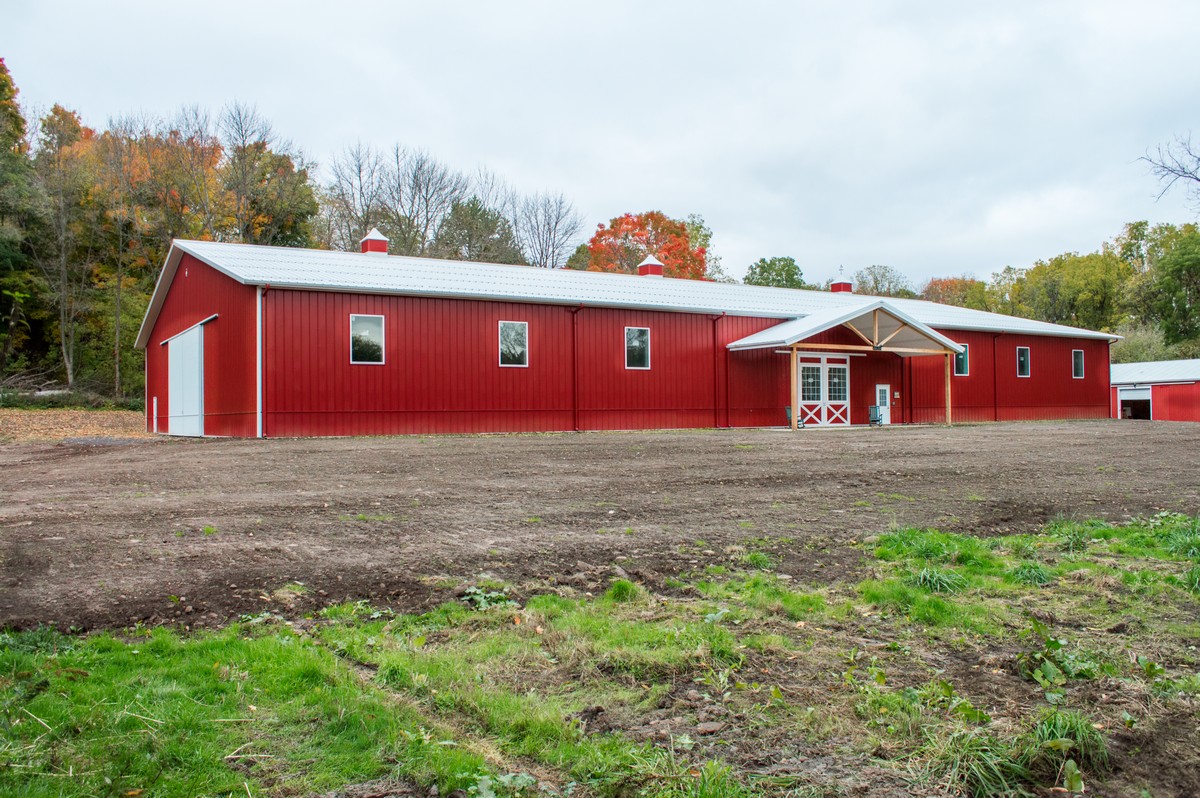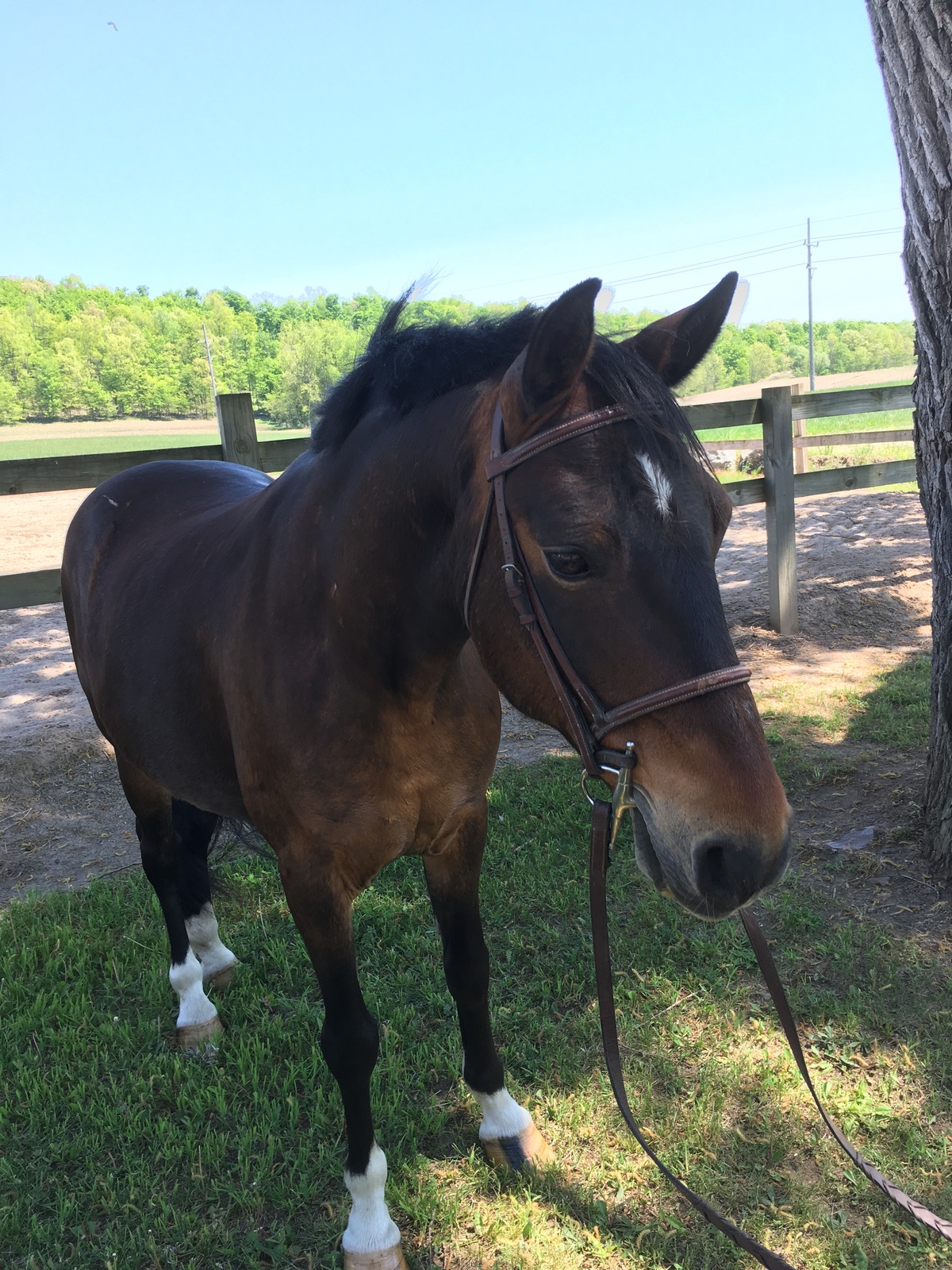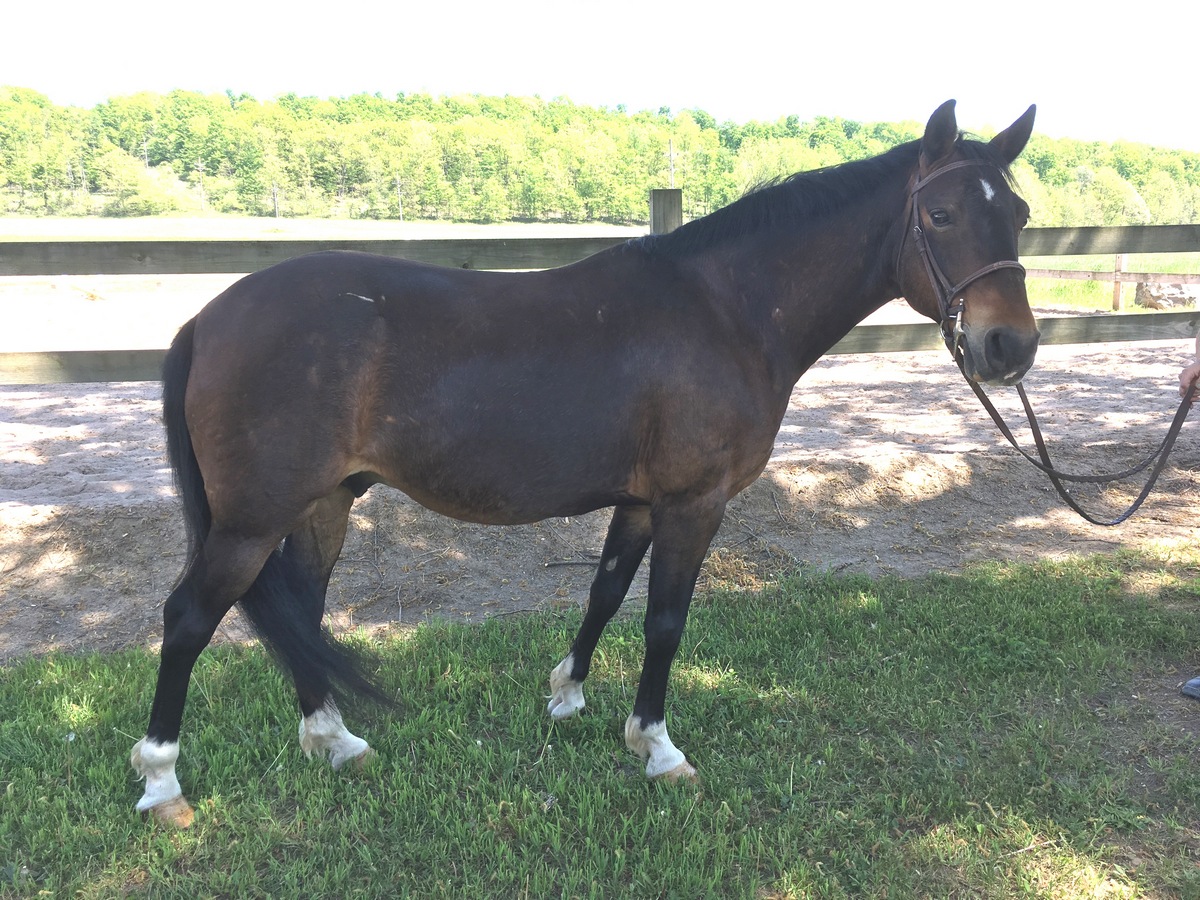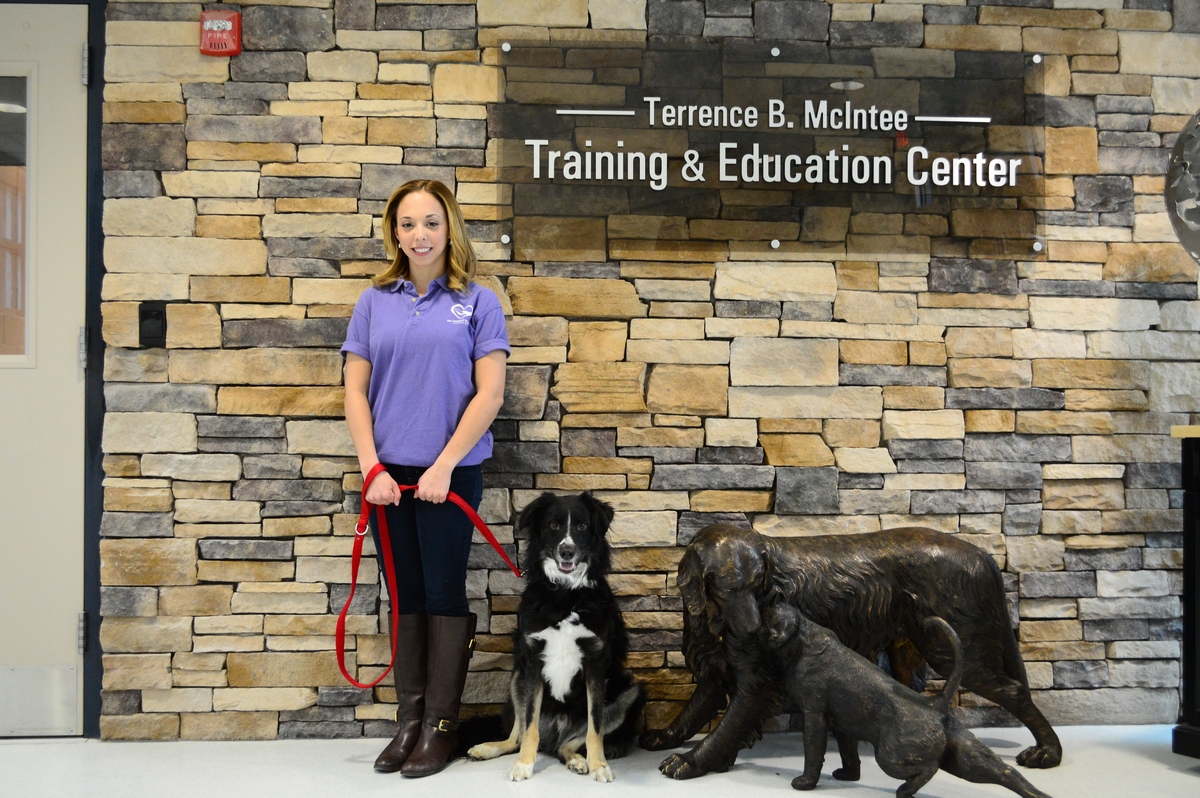Some people in the horse community believe that rescue horses at a shelter are inferior, but animal lovers like you have always known better.
“There is an unhappy stigma that rescue horses have,” says Lauren Kuss, equine manager at Lollypop Farm, the Humane Society of Greater Rochester. “People think that because they are here, they must have some huge issue.”
But Lauren points out a game-changer. Something we never had before. Thanks to community support, the Evelyn Z. Diehl Equine Training and Rehabilitation Arena opened last October, and it has made all the difference for horses like Chief.

He first arrived in 2015, before Lollypop Farm had the facilities or expertise to provide rescue horses with the training and rehabilitation they needed.
Back then, we had to turn to local trainers like Courtney Vanderbrook, who trained Chief for months, eventually leading to his adoption. Unfortunately, the adoption was not a good fit, and Chief was returned. But this time, Chief had you and the new arena that had been built.

Chief worked with the Lollypop Farm’s new equine staff and has been training in the arena, which is equipped to introduce horses to ring work, lunging and obstacles. It also makes it possible for potential adopters to ride the horses before adoption. Previously, due to the weather, this was nearly impossible and unsafe six months out of the year.
Chief can now ride both English and Western. Lauren says he’s among the horses who have come such a long way, they’re unrecognizable from when they first arrived.

Horses who come to Lollypop Farm are often rescued from neglect or abuse or surrendered by owners who couldn’t provide for them. “I want the horse community to know that the horses we have here are not broken,” says Lauren.
But it’s only with the help of our community that we’re able to continue to provide the training, veterinary services, and other services these horses need to find a new place to call home. Every horse deserves a second chance, and you can help make it possible.


